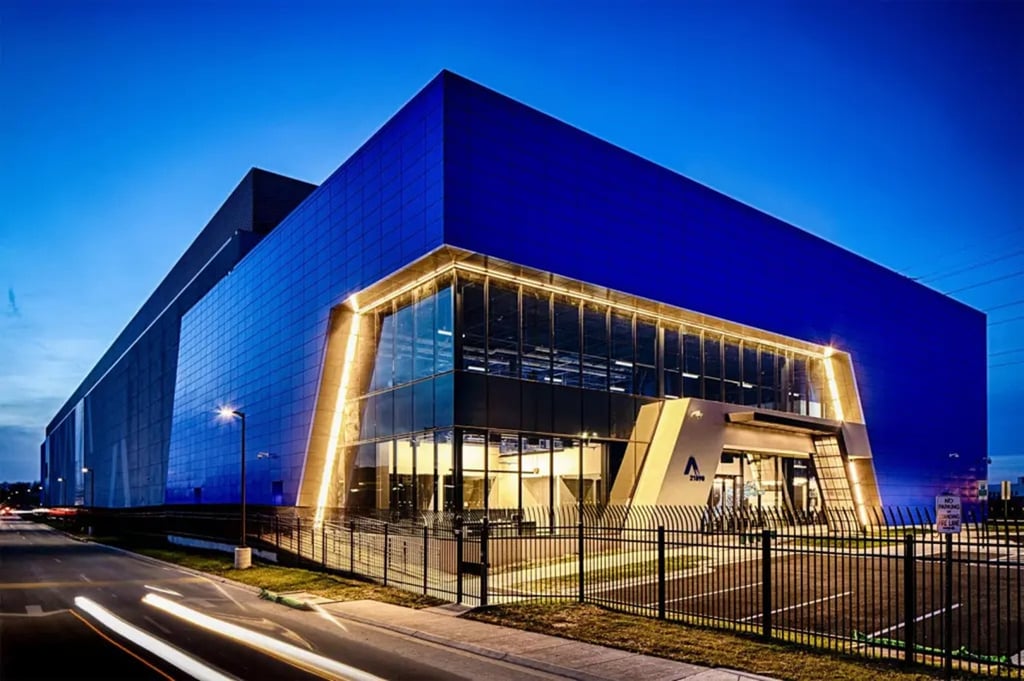Apple’s thorny relationship with environmental organizations has taken yet another turn. The company has pulled its computers from the EPEAT registry. EPEAT, in a brief statement on the its website, said, “We regret that Apple will no longer be registering its products in EPEAT. We hope that they will decide to do so again at […]
Datamation content and product recommendations are
editorially independent. We may make money when you click on links
to our partners.
Learn More
Apple’s thorny relationship with environmental organizations has taken yet another turn. The company has pulled its computers from the EPEAT registry.
EPEAT, in a brief statement on the its website, said, “We regret that Apple will no longer be registering its products in EPEAT. We hope that they will decide to do so again at some point in the future.”
EPEAT, which stands for Electronic Product Environmental Assessment Tool, is a registry of environmentally friendly computers and peripherals. It bills itself as “the leading global environmental rating system for electronic products, connecting purchasers to environmentally preferable choices and benefiting producers who demonstrate environmental responsibility and innovation.”
The voluntary ratings system guides the IT purchasing decisions of several organizations, most notably the U.S. federal government — 95 percent of federal PCs must be EPEAT-certified. In effect, Apple’s decision to leave EPEAT means that its products are now largely shut out of the federal IT spending process.
On a local level, at least one major municipality is taking swift action to update its PC purchasing policies in light of Apple’s defection.
The Wall Street Journal reports that the San Francisco’s Department of Environment is alerting city agencies that Apple-branded PCs “will no longer qualify” for purchase under the city’s IT procurement rules. While the Department of Environment cannot enforce the rule, Jon Walton, San Francisco’s CIO, said that the city will abide by the regulations. Although exceptions can be granted, it involves a “long” and “onerous” waiver process, according to the report.
Apple’s response to the controversy: We’re green enough.
Apple spokesperson Kristin Huguet told the The Loop, “Apple takes a comprehensive approach to measuring our environmental impact and all of our products meet the strictest energy efficiency standards backed by the US government, Energy Star 5.2.” She also pointed to the company’s efforts to slash greenhouse gas emissions and claimed that “Apple products are superior in other important environmental areas not measured by EPEAT, such as removal of toxic materials.”
This is not the first time Apple’s actions have caused a stir among environmental groups.
In April, the Apple caught Greenpeace’s ire over its massive cloud data center in Maiden, N.C., which the group claimed would be substantially powered by coal. Apple quickly fired back, stating that the data center was “on track to supply more than 60% of that power on-site from renewable sources, including a solar farm and fuel cell installation which will each be the largest of their kind in the country.”
In May, Apple took things a step further by pledging that its Maiden facility will be completely powered by renewable energy by the end of the year. Additionally, the company is working toward the same goal for its Newark, Calif. facility and a new data center built in Prineville, Ore.
Pedro Hernandez is a contributing editor at InternetNews.com, the news service of the IT Business Edge Network, the network for technology professionals. Follow him on Twitter @ecoINSITE.
-
Huawei’s AI Update: Things Are Moving Faster Than We Think
FEATURE | By Rob Enderle,
December 04, 2020
-
Keeping Machine Learning Algorithms Honest in the ‘Ethics-First’ Era
ARTIFICIAL INTELLIGENCE | By Guest Author,
November 18, 2020
-
Key Trends in Chatbots and RPA
FEATURE | By Guest Author,
November 10, 2020
-
Top 10 AIOps Companies
FEATURE | By Samuel Greengard,
November 05, 2020
-
What is Text Analysis?
ARTIFICIAL INTELLIGENCE | By Guest Author,
November 02, 2020
-
How Intel’s Work With Autonomous Cars Could Redefine General Purpose AI
ARTIFICIAL INTELLIGENCE | By Rob Enderle,
October 29, 2020
-
Dell Technologies World: Weaving Together Human And Machine Interaction For AI And Robotics
ARTIFICIAL INTELLIGENCE | By Rob Enderle,
October 23, 2020
-
The Super Moderator, or How IBM Project Debater Could Save Social Media
FEATURE | By Rob Enderle,
October 16, 2020
-
Top 10 Chatbot Platforms
FEATURE | By Cynthia Harvey,
October 07, 2020
-
Finding a Career Path in AI
ARTIFICIAL INTELLIGENCE | By Guest Author,
October 05, 2020
-
CIOs Discuss the Promise of AI and Data Science
FEATURE | By Guest Author,
September 25, 2020
-
Microsoft Is Building An AI Product That Could Predict The Future
FEATURE | By Rob Enderle,
September 25, 2020
-
Top 10 Machine Learning Companies 2020
FEATURE | By Cynthia Harvey,
September 22, 2020
-
NVIDIA and ARM: Massively Changing The AI Landscape
ARTIFICIAL INTELLIGENCE | By Rob Enderle,
September 18, 2020
-
Continuous Intelligence: Expert Discussion [Video and Podcast]
ARTIFICIAL INTELLIGENCE | By James Maguire,
September 14, 2020
-
Artificial Intelligence: Governance and Ethics [Video]
ARTIFICIAL INTELLIGENCE | By James Maguire,
September 13, 2020
-
IBM Watson At The US Open: Showcasing The Power Of A Mature Enterprise-Class AI
FEATURE | By Rob Enderle,
September 11, 2020
-
Artificial Intelligence: Perception vs. Reality
FEATURE | By James Maguire,
September 09, 2020
-
Anticipating The Coming Wave Of AI Enhanced PCs
FEATURE | By Rob Enderle,
September 05, 2020
-
The Critical Nature Of IBM’s NLP (Natural Language Processing) Effort
ARTIFICIAL INTELLIGENCE | By Rob Enderle,
August 14, 2020
SEE ALL
DATA CENTER ARTICLES









